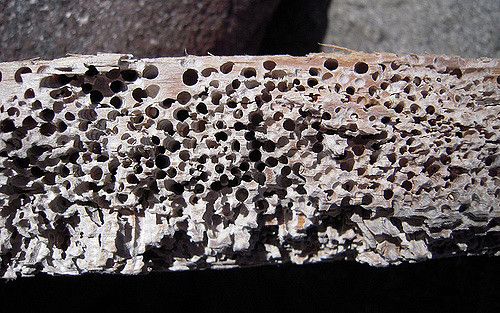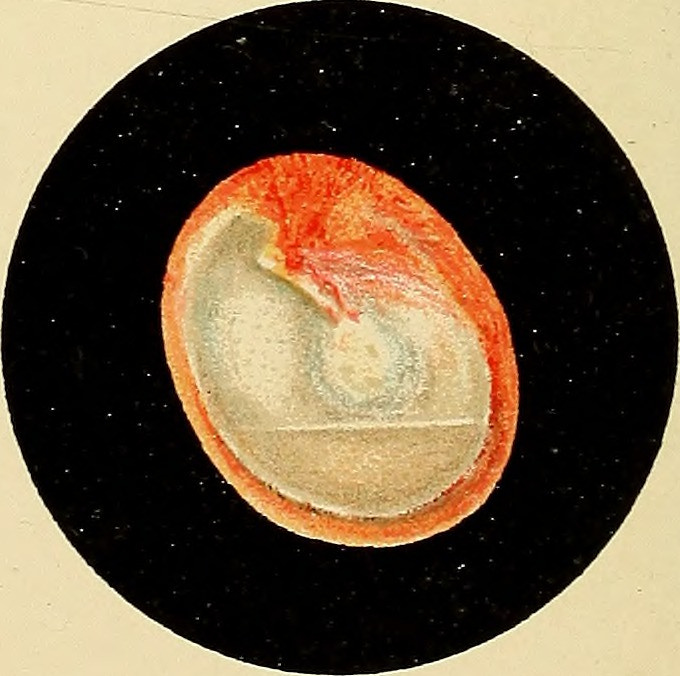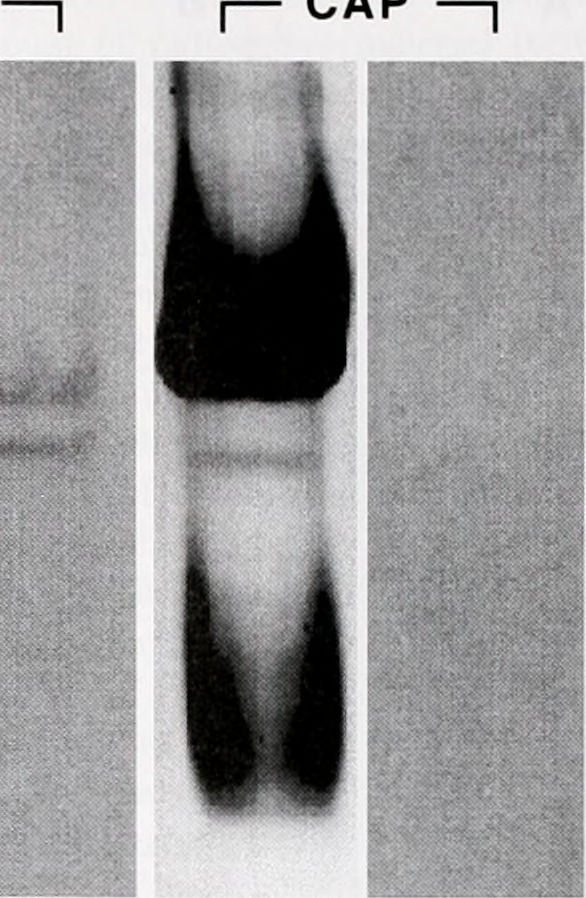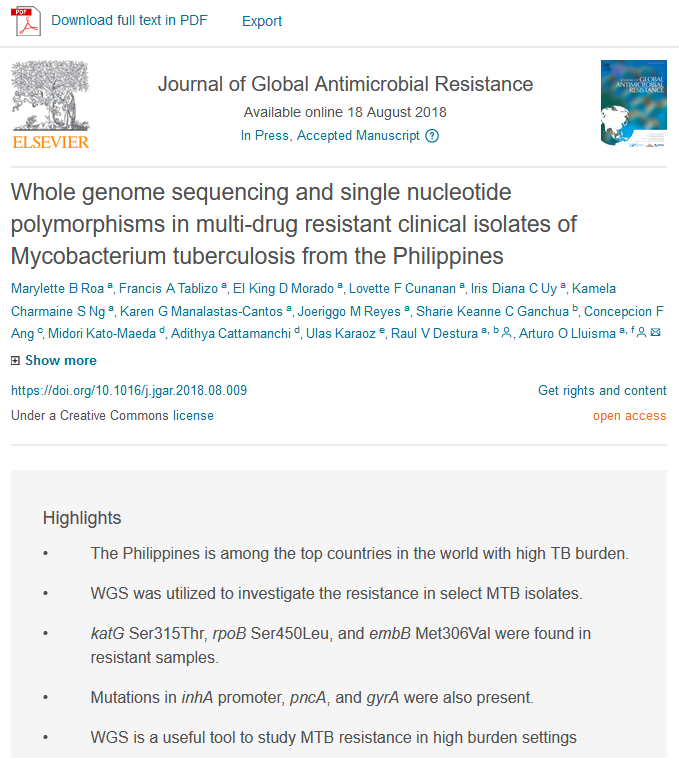Thousands of cases of multi-drug resistant Mycobacteria tuberculosis (MTB) have been observed in the Philippines but studies on the genotypes that underlie the observed drug resistance profiles have been lacking. This study aimed to analyse whole genomes of clinical isolates of MTB representing varying resistance profiles to identify single nucleotide polymorphisms (SNPs) in resistance-associated genes.

Discovery of chemoautotrophic symbiosis in the giant shipworm Kuphus polythalamia (Bivalvia: Teredinidae) extends wooden-steps theory
The “wooden-steps” hypothesis [Distel DL, et al. (2000) Nature 403:725–726] proposed that large chemosynthetic mussels found at deep-sea hydrothermal vents descend from much smaller species associated with sunken wood and other organic deposits, and that the endosymbionts of these progenitors made use of hydrogen sulfide from biogenic sources (e.g., decaying wood) rather than from vent fluids.

Targeted next generation sequencing of the entire vitamin D receptor gene reveals polymorphisms correlated with vitamin D deficiency among older Filipino women with and without fragility fracture
This study aimed to discover genetic variants in the entire 101 kB vitamin D receptor (VDR) gene for vitamin D deficiency in a group of postmenopausal Filipino women using targeted next generation sequencing (TNGS) approach in a case–control study design.

Comparison of Two Massively Parallel Sequencing Platforms using 83 Single Nucleotide Polymorphisms for Human Identification
The potential of Massively Parallel Sequencing (MPS) technology to vastly expand the capabilities of human identification led to the emergence of different MPS platforms that use forensically relevant genetic markers.

Establishment and Comparison of Two Different Diagnostic Platforms for Detection of DENV1 NS1 Protein
Dengue virus (DENV) infection is currently at pandemic levels, with populations in tropical and subtropical regions at greatest risk of infection. Early diagnosis and management remain the cornerstone for good clinical outcomes, thus efficient and accurate diagnostic technology in the early stage of the disease is urgently needed.
Middle ear microbiome differences in indigenous Filipinos with chronic otitis media due to a duplication in the A2ML1 gene
Previously rare A2ML1 variants were identified to confer otitis media susceptibility in an indigenous Filipino community and in otitis-prone US children.

MicroRNA inhibition fine-tunes and provides robustness to the restriction point switch of the cell cycle
The restriction point marks a switch in G1 from growth factor-dependent to growth factor-independent progression of the cell cycle. The proper regulation of this switch is important for normal cell processes; aberrations could result in a number of diseases such as cancer, neurodegenerative disorders, stroke and myocardial infarction.

Genetic and Environmental Determinants of Otitis Media in an Indigenous Filipino Population
To identify genetic and environmental risk factors for otitis media in an indigenous Filipino population. Cross-sectional study.Indigenous Filipino community.Clinical history and information on breastfeeding, tobacco smoke exposure, and swimming were obtained from community members.

A Genome-wide Association Study of Nonsyndromic Cleft Palate Identifies an Etiologic Missense Variant in GRHL3
Cleft palate (CP) is a common birth defect occurring in 1 in 2,500 live births. Approximately half of infants with CP have a syndromic form, exhibiting other physical and cognitive disabilities. The other half have nonsyndromic CP, and to date, few genes associated with risk for nonsyndromic CP have been characterized.

Evidence of TAF1 dysfunction in peripheral models of X-linked dystonia-parkinsonism
The molecular dysfunction in X-linked dystonia-parkinsonism is not completely understood. Thus far, only noncoding alterations have been found in genetic analyses, located in or nearby the TATA-box binding protein-associated factor 1 (TAF1) gene.

